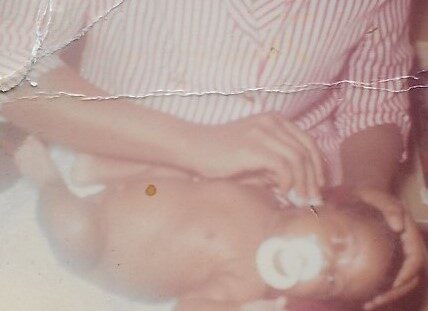My mother has frontal lobe dementia. Recently, I took her in to see her neurologist at her Elder Care Center to discuss changes in her behavior. Her neurologist, Dr. Lerner, introduced us to a young doctor who was assisting him. As he reviewed Mom’s case history with his young colleague, Dr. Lerner began to recount our journey together over the years. He described how he and I first met and what those early encounters with Mom were like. At one point, as he was watching me working to direct and re-direct my mother as she was moving around the examination room, Dr. Lerner smiled and summed up his observations of us by saying, “you see, this is really a love story.”
When family members and friends began to be concerned about her behavior, my mother was living by herself in our hometown in Indiana. All of her children—my two brothers and I—lived out of town. I started driving back and forth to check on her and to try find out what was wrong. We visited doctors and scheduled tests but no one could tell us what was causing these changes. Dr. Lerner was the first one to give us a name for her illness. After the diagnosis, we brought my Mom to live with me in Ohio. Dr. Lerner and the Center provided services for us and helped me to navigate those early years with Mom and the reality of caregiving.
Caring for my mom and providing the best quality of life that I could for her became the central concern of my day to day life. It was a real battle at first. Mom didn’t think that anything was wrong with her. She thought that she could still live on her own and take care of herself. While it was difficult and there were days when I felt like I had come up short as a caregiver, after a time, my mom reconciled with being cared for and generally moved through life with an air of sweetness and joyfulness that was core to who she is as a human being, as a woman, and as a mother.
Dr. Lerner’s recollections and proclamation reminded me of the first time I looked at my mother after a hard week of caregiving that included battles to bathe her and change her clothes and worries about how to deal with dental appointments and shots with her changing moods and short attention spans and, suddenly, I saw a light in her. In that moment, I felt awash in the fullness of her beauty. I identified with her vulnerability and laughed at her joy and her tenacity in the face of a life changing illness and I said to myself, “You are the love of my life!” I then recalled a picture of her as a young mother holding me—her first born child—and I realized that this is what she must have felt about this vulnerable, needing bundle of life she had brought into the world. I fell in love with my mother all over again amid the changing dynamics in our relationship in which I was now responsible for her health and wellbeing.
I now understood the heart ache that is a part of every love story when the one you love hurts. I accepted the disappointment that you can feel in yourself and in each other as par for the course. Even though I knew that Mom’s behaviors were a result of her disease, there were times when I was triggered by old wounds and unresolved issues. Sometimes I felt guilty for not doing enough, not being enough for her and for her life now. There were times when I became angry and impatient. I felt guilty for that too. But there were also those times when my mother looked at me and tears welled up in her eyes and even with the advanced aphasia she let me know that I am a good daughter, that she loves me for caring for her, for centering her in my world. And then the love that we feel toward each other would wash away all of the uncertainty and the pain. My mother still looks at me that way and often takes my hand to dance with me and laugh. For me, this is a celebration of the love we continue to share as a mother and a daughter.
My mother is indeed the love of my life. Through the love, the guilt, even the anger my mother is always teaching me, preparing me for the work that I need to do in the world. She taught me that no matter how hard things get, that I need to show up in the world energized not defeated. In caring for my Mom I learned that the anger and the guilt I felt were fundamentally about fear—fear of loss, fear of failure, fear that I wouldn’t make it through the low points of the journey. My mother taught me how to dance and be joyful daily even when the work of living becomes difficult. My mother is still teaching me how to love through it all and I am healed and redeemed by this opportunity to return the unconditional love my mother first gave to me.
What is Love teaching you today?


Thank you for your story my sistah. You know I know because of my own love story
Thank you, Beverly, for your comment. I know that you certainly have a story to tell of love and sacrifice.